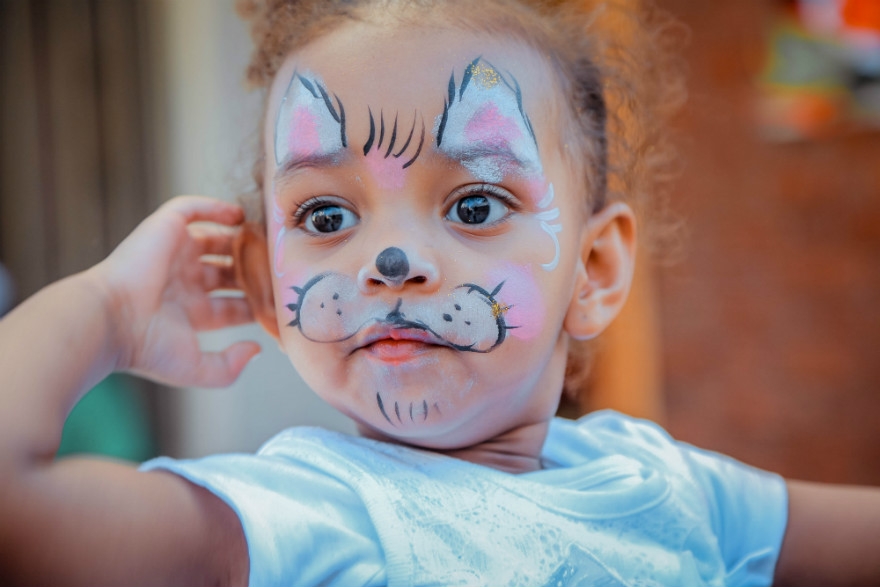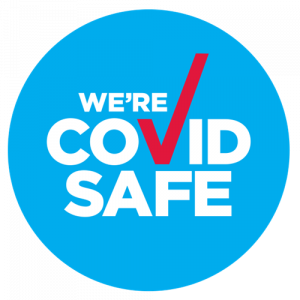If your child has a speech or language delay, contact a Speech Pathologist as soon as you can. It is important to begin intervention as soon as possible to gain better results from therapy and allow children to fully participate in daily interactions and experiences.
What is a speech and language delay?
Children acquire sounds in a specific order at certain ages, and they also substitute sounds for other sounds until certain ages. For example, pronounce ‘ring’ and ‘wing’ until around 5 years of age. A speech delay is when the sounds that a child is producing are not as expected for their age.
Language is separated into two components. Receptive language is the comprehension of written and oral information. Expressive language is the use of language, for example writing or talking. A language delay may involve either receptive language, expressive language or both. A language delay is when the child’s skills are not at the expected level for their age, but are following the usual pattern of development.
Should I contact my child’s doctor or a speech pathologist first?
If you suspect your child has a speech or language delay, you may choose to discuss it with your doctor prior to seeking a Speech Pathologist. However, it is not necessary to acquire a referral from your Doctor to make an appointment to see a Speech Pathologist.
Should I be worried if my child has a speech delay?
Speech delays can affect a child’s communication in many environments, their confidence, and interactions with peers, teachers and family. As children reach school-age, speech delays can impact their ability to learn to read and write.
It is important to seek advice from a Speech Pathologist if you are concerned about your child’s speech as is essential to begin intervention as soon as possible.
How do I prevent speech and language delays in my toddler?
Reading books and singing with your child from an early age will allow them to be exposed to language. Research suggests reading books to children from as young as 4 months old.
Playing with your child and talking about their environment and what they are doing during routines (for example, brushing teeth, having a bath) is also a fundamental step to developing speech and language.
Model the correct pronunciations of all words so as the child develops, they hear the correct sounds to use. Give your child time to think about what you have said and to respond.
Praise any attempt that your child makes to communicate.
If you are concerned about your child’s speech or language development, get in touch with our team today.





